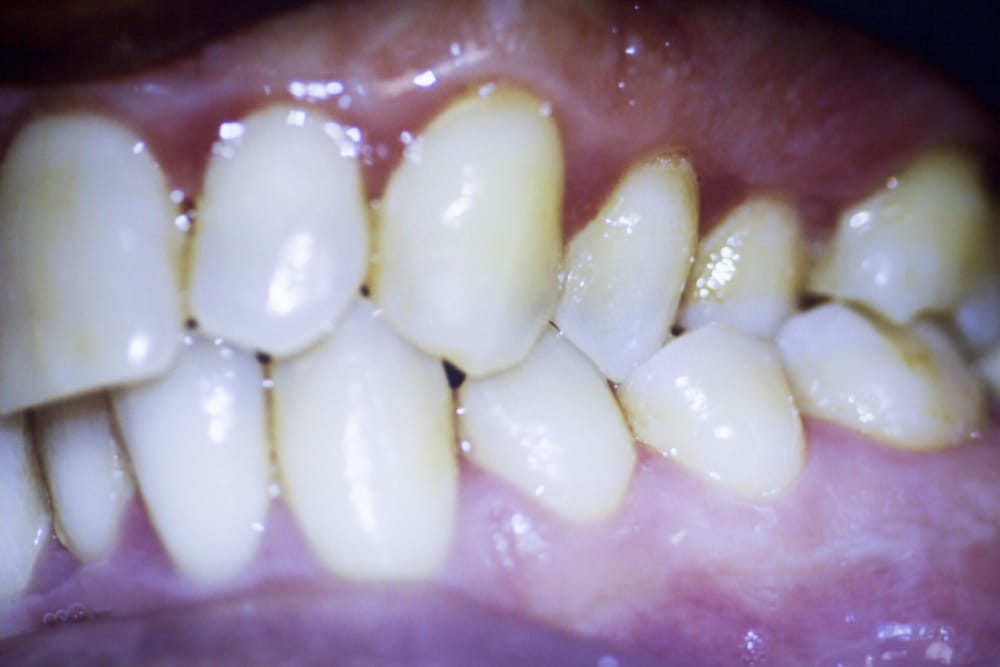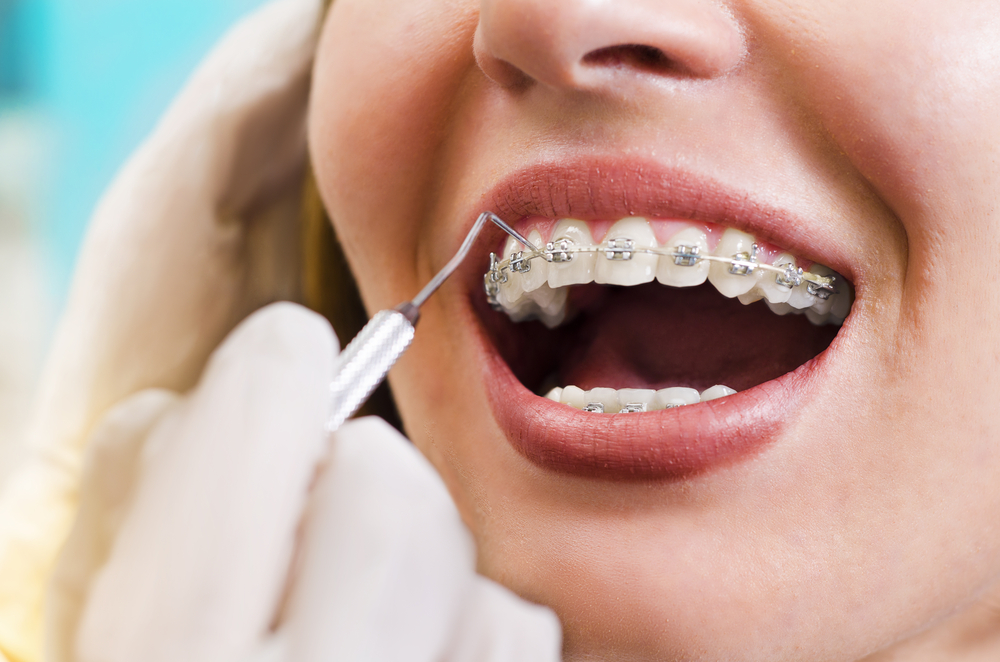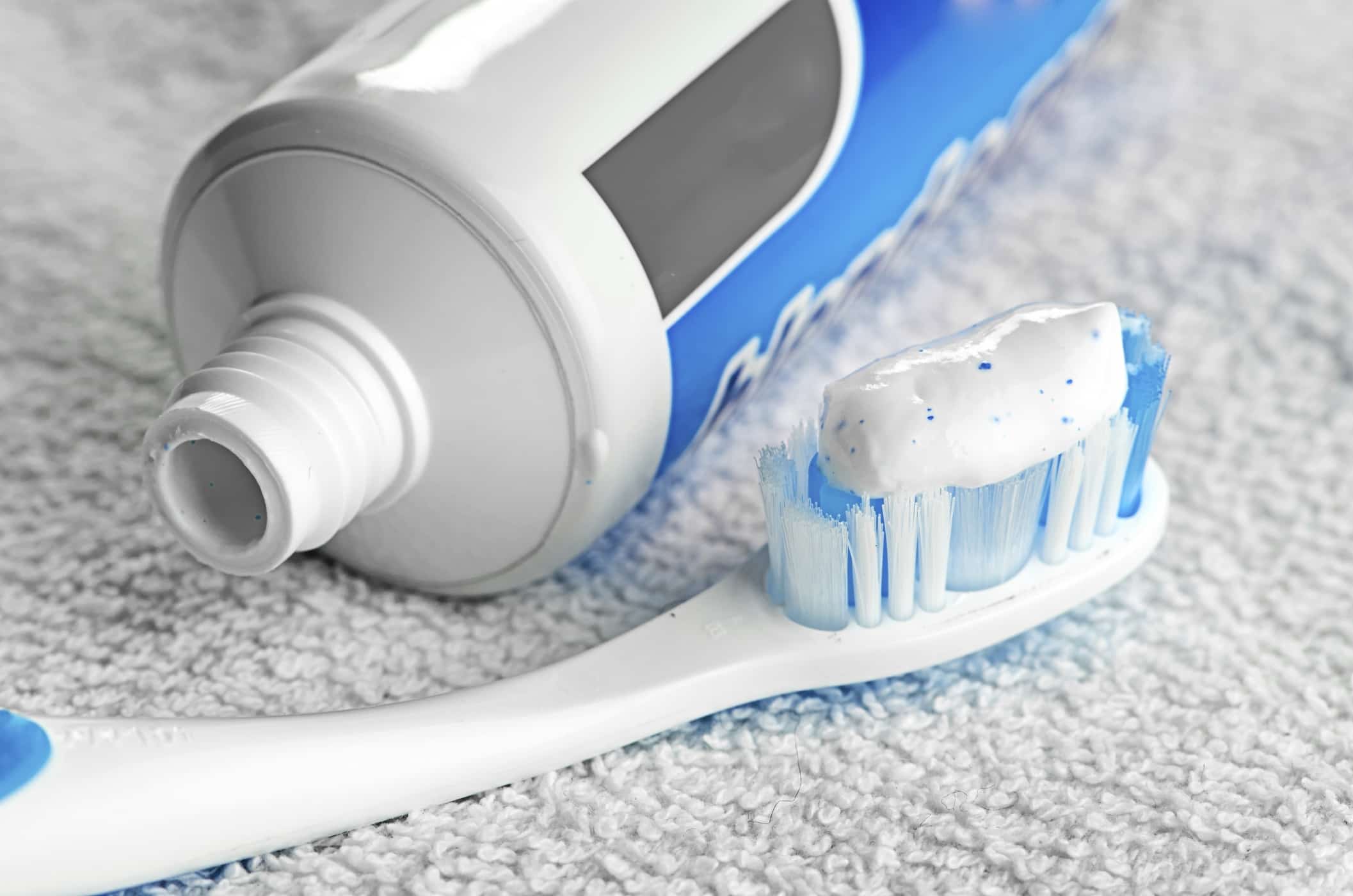Contents:
- Medical Video: Hypersexual Disorder
- Who is at risk of suffering from a hypersexual condition?
- What are the consequences if hypersexuality is not addressed?
- How to deal with hypersexual conditions
- 1. Psychotherapy
- 2. Group therapy
- 3. Family and partner therapy
- 4. Medicine
Medical Video: Hypersexual Disorder
Hypersexuality is a condition in which someone who has an obsession with sex and has a very strong sexual drive. Other signs are not being able to achieve sexual satisfaction despite doing a lot of sexual activity, unable to control sex drive (including excessive masturbation), changing partners frequently, having inappropriate and risky sexual behavior, regard sex as "Pain killer", and increased use of pornography.
Who is at risk of suffering from a hypersexual condition?
Hypersexuality can occur in both men and women, although this is more common in men. This hypersexual disorder can also affect anyone regardless of sexual orientation (whether heterosexual, homosexual, or bisexual). Hypersexuality can occur in people who have:
- Alcohol problems or drug abuse
- Other mental health conditions such as mood disorders (depression or bipolar disorder), or gambling addiction
- History of physical or sexual violence
What are the consequences if hypersexuality is not addressed?
You need to know that hypersexuality can have many negative consequences that affect you and others, such as:
- Fight with feelings of guilt, shame, and inferiority
- Depression, stress, and extreme anxiety
- Damaging relationships
- Having a lot of debt due to pornography purchases and sexual services
- Having a connection with HIV, hepatitis, or other sexually transmitted infections
Therefore, if you feel that you have hypersexuality, do the following methods to free yourself of the negative consequences that can hit you.
How to deal with hypersexual conditions
1. Psychotherapy
This is a very important part of every type of treatment for addiction. Issues to be discussed in this therapy session include identifying, changing negative thinking patterns and limiting beliefs, dealing with internal conflicts, increasing insight and self-awareness, and seeing the relationship between your interpersonal and addictive problems.
2. Group therapy
Group therapy involves regular sessions with a small number of other sex addicts. This session is led by a therapist. This type of therapy is very useful, because each group member can support each other and learn from each other's experiences. This therapy is also ideal for dealing with reasons, justifications, and rejections that go hand in hand with addictive behavior.
3. Family and partner therapy
Addictive behavior always affects families and relatives. This therapy session provides your opportunity to deal with emotions, unresolved conflicts, and problematic behavior. This session can strengthen your main support system by helping the people closest to you get a better understanding of the addiction you have.
4. Medicine
Medications often play a major role in the treatment of hypersexual disorders. Some drugs can help reduce compulsive and obsessive thoughts, while others can target certain hormones associated with sex addiction or can reduce accompanying symptoms such as depression or anxiety.
- Antidepressants: Selective serotonin reuptake inhibitors (SSRIs) are the most common type of antidepressants used to treat hypersexuality. SSRIs include medicines such as Paxil, Prozac, and Zoloft. These drugs can help reduce obsessive thoughts and compulsive behavior. They also help reduce symptoms of depression and anxiety.
- Antiandrogen: This drug can target the effects of androgens (sex hormones) in men and reduce sexual drive. Antiandrogen is usually used to treat pedophile men.
- LHRH (Luteinizing Hormone-Releasing Hormone): This drug decreases testosterone production and helps control obsessive thoughts related to sexual addiction.
- Mood stabilizer: Drugs in this category include Lithium and Depakote. Generally this drug is used to prevent manic episodes in individuals with bipolar disorder, this drug is effective in helping to reduce intense sex drive.
- Naltrexone: This drug is often used to treat alcoholism and opioid dependence. As an opioid agonist, it works by targeting pleasure centers in the brain that are associated with certain types of addictive behavior.
It will be difficult to find courage in seeking help, especially since this feels quite embarrassing. Unfortunately, some sex addicts do not seek treatment until they reach the point when they are convicted of sex offenses or when family members and partners give an ultimatum. If you suspect that you have hypersexuality, don't delay doing treatment. You deserve to be happy and live a life that is no longer controlled by your addiction.
READ ALSO:
- Asexual is not the same as just a low sex drive
- 4 Main Causes of Decreased Female Sexual Passion
- Is Normal Still Masturbating After Marriage?












